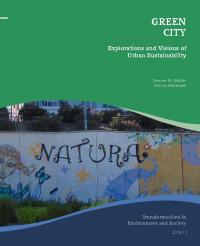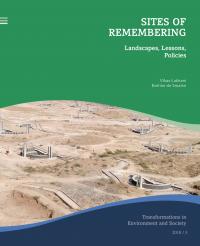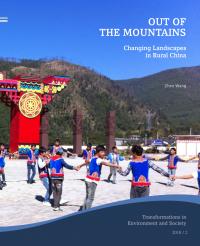Green City: Explorations and Visions of Urban Sustainability
This volume explores the “green city” concept from a global and interdisciplinary perspective. Contributions examine the conflicts inherent in eco-modernization and investigate opportunities to respond meaningfully to urban environmental challenges.




